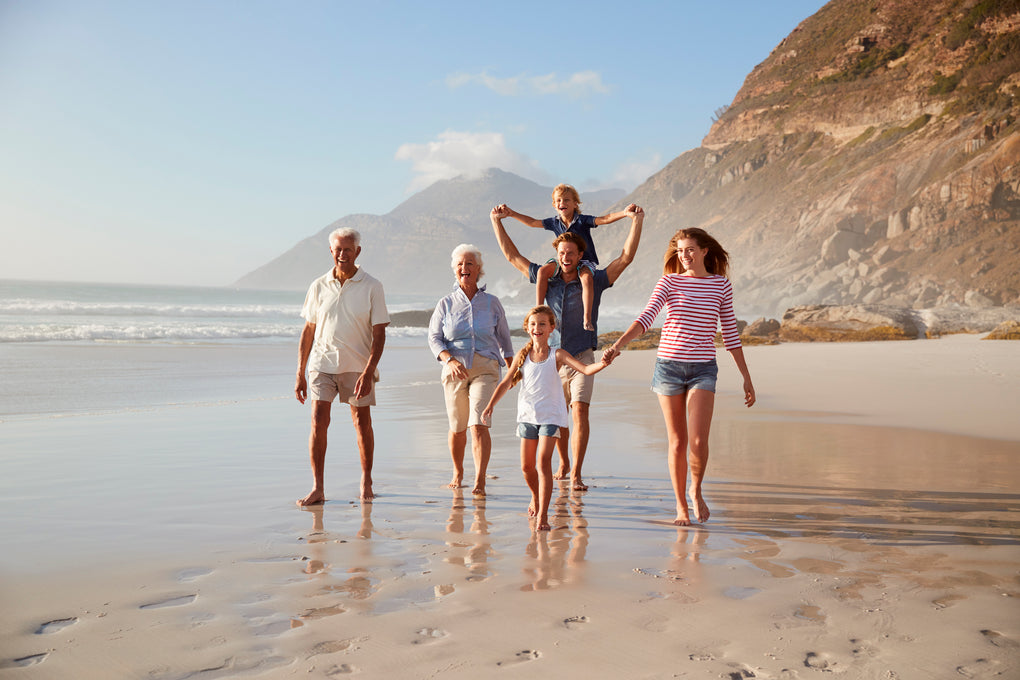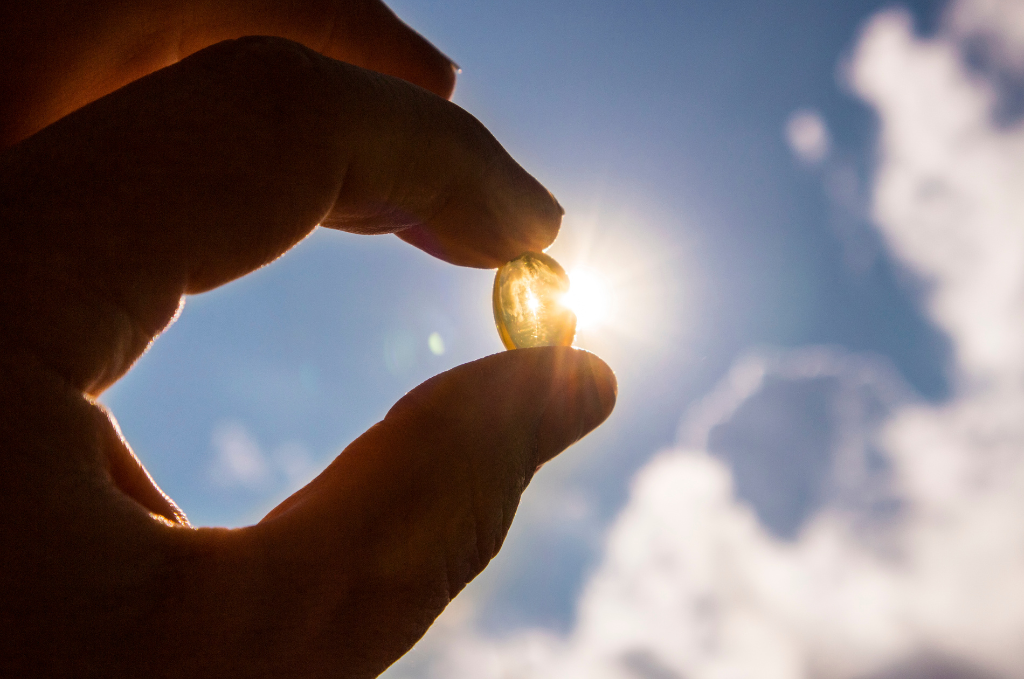Blue Zones - where there's no such thing as getting old
15th February 2019 / Health
Blue Zones - where there's no such thing as getting old
Zoe Milkowski

We’re lucky enough to live in the 21st century where most of us have easy access to great medical care, making disease and death rates much lower than previous generations. The global life expectancy average has increased from only 31 years of age in the 1900s to 71 years old in the 21st century. While genetics do count towards your length of lifetime and sensitivity to certain diseases, your lifestyle may be seen as the main contributing factor. A better quality of life will almost certainly extend your life - potentially even making you a centenarian, like many of the people living in “Blue Zones”.
"Blue Zone"
It may sound like the name of a Boyzone tribute act but the term “Blue Zone” was first introduced back in 2005 on the cover of the November edition of National Geographic magazine. The cover story was titled “The Secrets of a Long Life” and was written by New York Times-bestselling author, explorer and public speaker Dan Buettner who has now founded the Blue Zone theory and ‘movement’. Their mission is to help people “live longer, better lives by improving their environment” and their inspiration is taken from the lifestyles of the people living in these “longevity hotspots” dubbed the “Blue Zones”.
Where?
There’s currently five demographically classified Blue Zones:
- Sardinia, Italy
- Okinawa, Japan
- Nicoya, Costa Rica
- Ikaria, Greece
- Loma Linda, California
The mountain villages of Sardinia were the first areas to be recognised as “hotspots of longevity” with low incidence of disease, low death rates and an abnormally large percentage of its population reaching the age of 100 or over. Buettner and his team, Gianni Pes and Michel Poulain, marked these villages in concentric blue circles and began referring to them as the “Blue Zones”. The team set out to try and investigate the common environmental and lifestyle factors causing these populations to have such high life expectancies.
Common Themes
Each Blue Zone is home to a different culture and therefore there is not one set lifestyle pattern or environment that causes such longevity. There are, however, some common themes present in each location. In Ikaria and Sardinia the population follow a Mediterranean diet, rich in natural, fresh produce (full of vitamins and minerals), oily fish, olive oil and red wine. These two regions, as well as the people living in the Nicoyan Peninsula of Costa Rica spend a lot of their time outdoors and work moderately physical jobs, even as they grow older. Although the diet in the Japanese Blue Zone of Okinawa is not Mediterranean-based, instead being high in soy-based foods, the population there also perform moderate exercise daily and commonly practice tai chi, a meditative, slow form of exercise.
One major theme running throughout all five identified Blue Zones is the fact that the population there tend to eat at least a 95% plant-based diet. Numerous studies have also confirmed that cutting down the amount of meat in your diet (this doesn’t have to mean completely cutting it out) can significantly reduce your susceptibility to heart disease amongst other chronic illnesses. As well as having a low meat intake another common theme for “longevity” is the habitual, daily, natural exercise that these Blue Zone cultures participate in. This doesn’t mean going to the gym for an hour in the morning and then being sedentary for the rest of the day, but more along the lines of trying to keep active, in a natural way throughout the whole day. Much of the population either work the land or walk long distances to work and perform physical jobs.
There is also very little space for stress in these cultures. Midday naps are a common occurrence as well as a daily glass of locally produced red wine in the Mediterranean-based zones. The inclusive and family-based society of all of these cultures is also a major factor in their longevity. Grandparents are commonly highly involved in looking after their grandchildren, which gives them a purpose in life referred to as “ikigai” in Japan and “plan de vida” in Costa Rica.
What can we learn?
While it’s obviously not plausible for us all to quit the desk job and spend our lives outdoors, there are definitely some helpful tips here that we can try employ to add a few years to our busy, non-stop 21st century lives. We think we’ll start with the midday naps...
From The Blog
-

22nd December 2022 / Health / News
New Year Resolutions You Can Actually Keep
New Year resolutions to shed unhealthy habits and create healthy new ones are always popular. Often expectations are high, but January is when our systems can have the least in the tank leading to...
Read article -

30th November 2022 / Health / News
Taking Vitamin D This Winter
As the days get shorter and we spend more time inside, we should start to think about our vitamin D levels. Vitamin D deficiency in winter months is super common, but the symptoms often go unnot...
Read article -

28th November 2022 / Health / News
8 Big Health Discoveries of 2022
Health Review 2022 One of the things we love about nutrition is that it is an evolving area of science with great discoveries happening all the time. We can apply these to our everyday lives in th...
Read article



